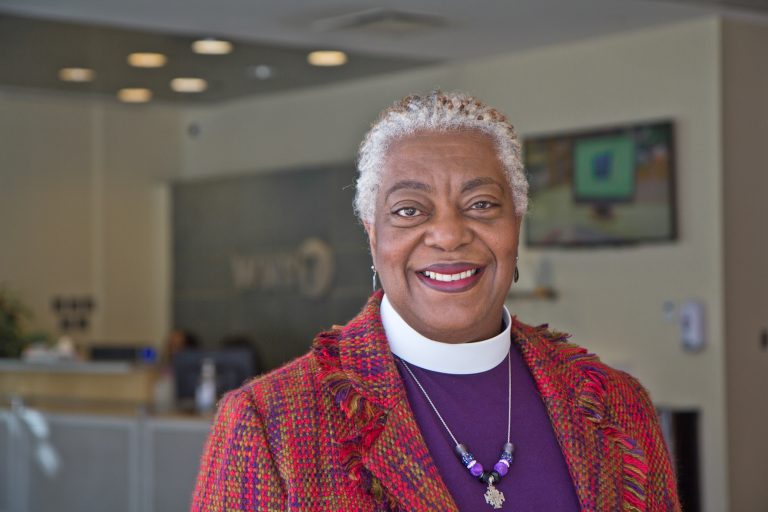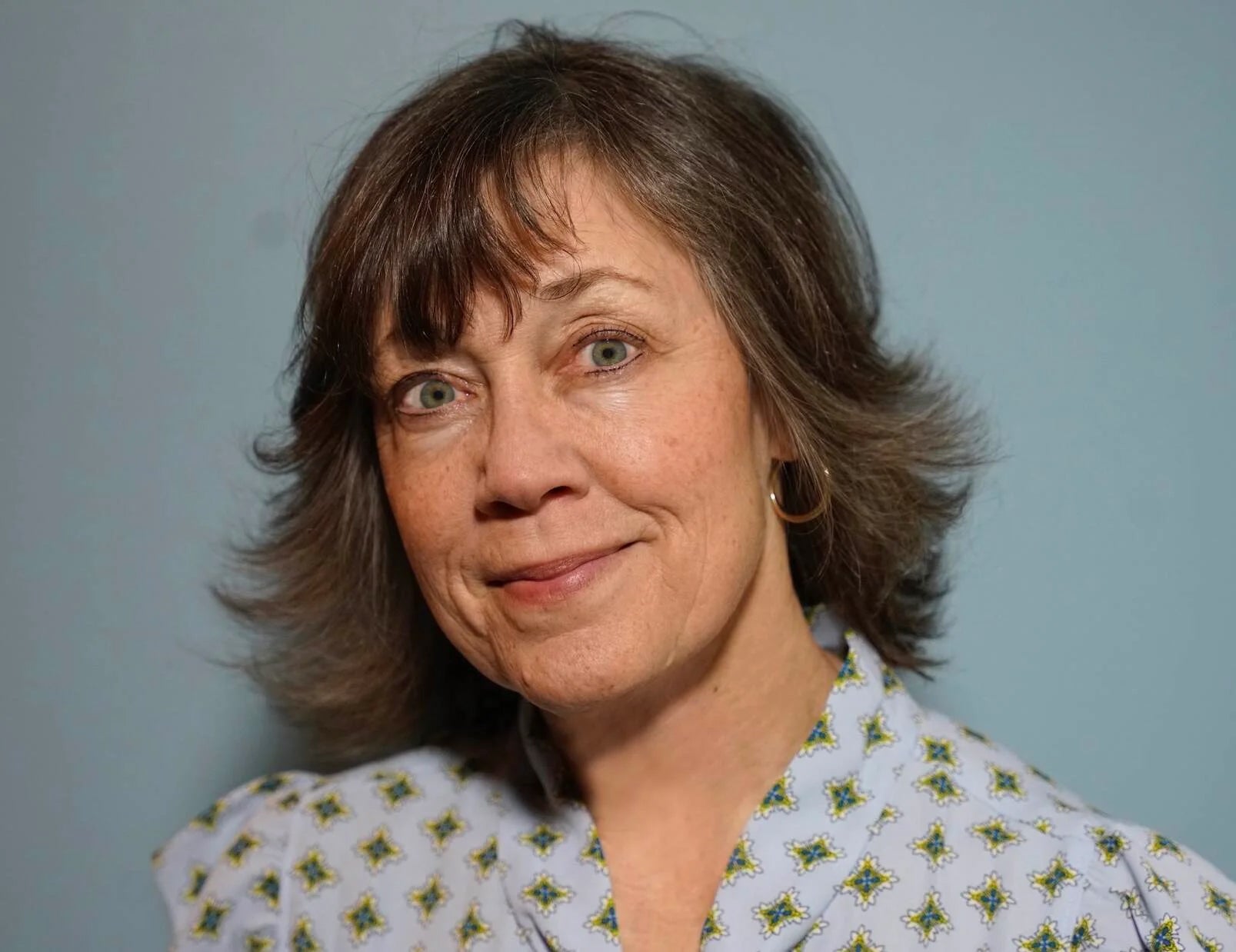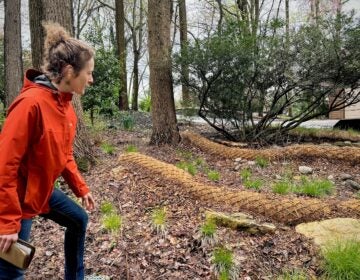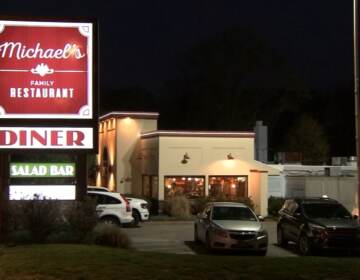After historic elevation, new Lutheran bishop reflects on disintegrating barriers
WHYY's Mary Cummings-Jordan talks with Bishop Patricia Davenport about her new position within the Southeastern Pa. Synod of the Evangelical Lutheran Church in America.
Listen 4:57
Bishop Patricia Ann Curtis Davenport is the first African-American woman to become a bishop of the Southeastern Pennsylvania Evangelical Lutheran Church in America. (Kimberly Paynter/WHYY)
On Aug. 1, the Rev. Patricia Davenport was installed as bishop of the Southeastern Pennsylvania Synod of the Evangelical Lutheran Church in America.
It was an event notable, in part, because Davenport is the first African-American woman to serve as bishop in the ELCA, an overwhelmingly white denomination.
WHYY midday anchor Mary Cummings-Jordan sat down with Davenport recently to talk about her new position within the church, and the job at hand.
—
Bishop Davenport, so nice to have you with us. Congratulations.
Thank you so much. I’m grateful for the opportunity to be here with you today.
What was your installation day like? What was going through your mind as you were actually installed as bishop?
It was surreal. There were almost 2,000 people gathered at New Covenant Church [in the Mount Airy section of Philadelphia]. There were people from different walks of faith gathered. There were colleagues that came from across the country to be a part of this historic moment in time. And we prayed. We praised. We communed together, and we danced. And it was just an awesome time.
What feedback are you getting following your elevation as a woman and as an African-American?
A lot of support and encouragement and gratitude and excitement about what the Holy Spirit is doing, and we can attribute this only to the Holy Spirit. It wasn’t just about me as a woman. It wasn’t just about me as an African-American. It really was about the spirit that dwells within me and what people thought in electing me: We think she’s the one to take us to the next level because I believe our other bishops had laid a very firm foundation for where we are and pointed the direction for where we could be going.
So many of us have heard that the most segregated time of the week is at 11 o’clock Sunday morning attributed, I believe, to Martin Luther King, Jr. Are there efforts ongoing to bring together religious groups whose backgrounds might be primarily of one race or culture? And, if so, what did they look like?
Well, I’d like to be able to say that we approach that every Sunday morning when I go into one of our churches. I said, “Well this church is no longer segregated because I’m here.”
One of the things that I know for a fact is that we set this example historically in the Southeastern Pennsylvania Synod. At my installation for the apostolic succession of laying on of hands, this was the first time we have had historic black churches participate in that.
So for Bishop Guy Glimp of the Church of God in Christ to be present, for the Black Clergy of Philadelphia to have a representative present to be a part of that with our presbytery, and with our Jewish brothers and sisters in this space — to have that happening says that God is up to something. God is the one who is tearing down these denominational walls and these racial walls that we might be the kingdom of God here on Earth.
It has been such a rough time recently. The massacre in Pittsburgh, pipe bombs sent to prominent Democrats, an increase, it seems, in expressions of hate. As a minister, what is your take? What do you think is happening?
I believe that evil has always been. And evil is becoming more prominent for many reasons. But I think it’s an opportunity for us, as people of faith, to rise up to say, “No.”
We say no to hate, and we say love trumps hate. And we say collectively — as I sat in synagogue on Sunday and I was able to be there with my Jewish brothers and sisters with a heavy heart — I stand with you against this type of hatred and this type of violence against any community. And then to make a commitment and covenant with all of the faith leaders in the space that we will no longer just pray … we will pray, and we will act.
So in these tense political times, how should we view the other — people who might believe very differently than we do?
I think we view them as human beings. We view them as humankind, and, because of that, we can be in a relationship with one another. We don’t have to agree with one another, but we have to be civil enough to agree to disagree. And when all is said and done, we work together for the good of the whole of the community.
Bishop Davenport, a pleasure to chat with you.
Thank you for the opportunity.
WHYY is your source for fact-based, in-depth journalism and information. As a nonprofit organization, we rely on financial support from readers like you. Please give today.





